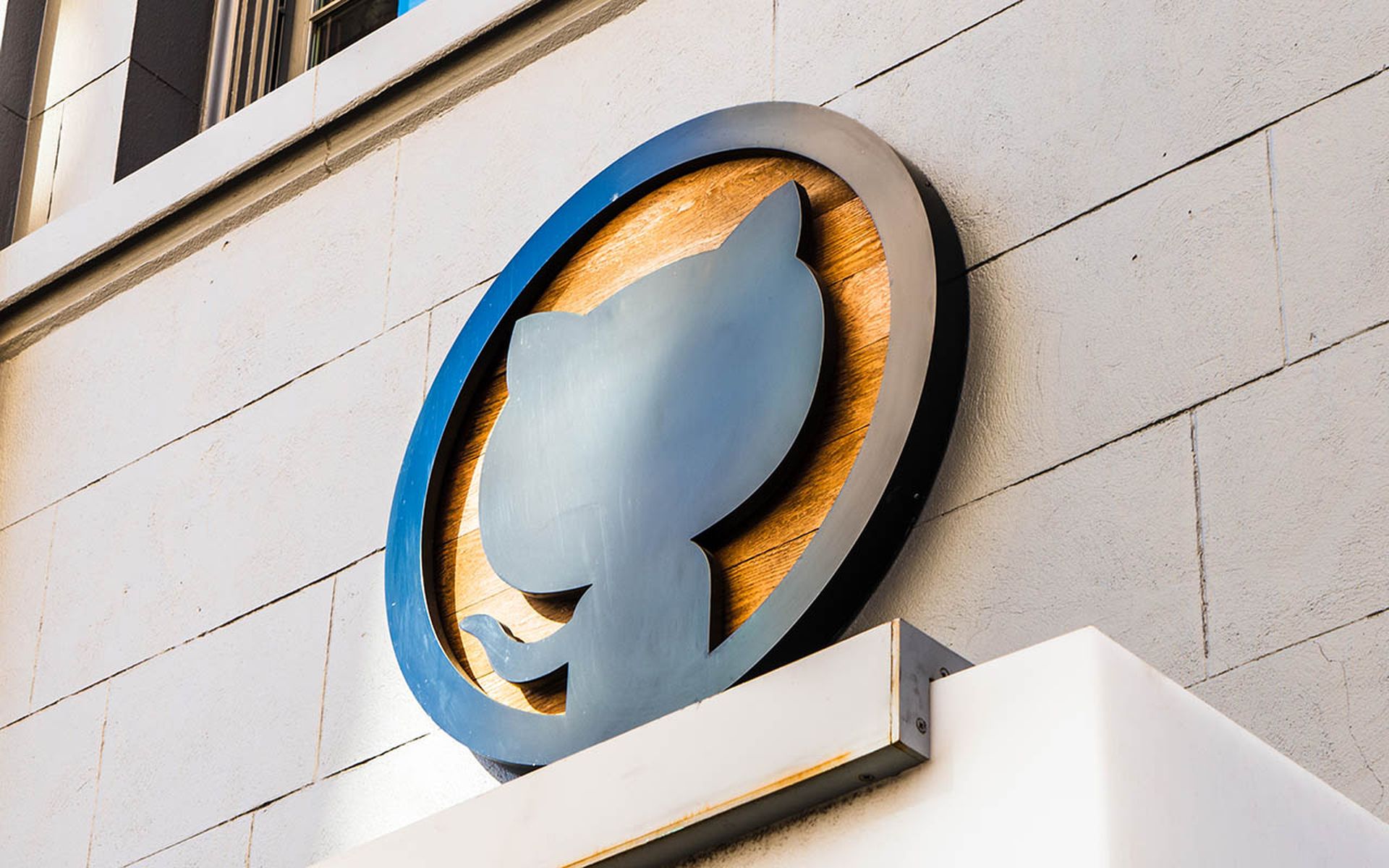Researchers conducted an experiment to see what it would take for malicious actors to either boost a company’s online stature or tear it down and found both could be accomplished in about 30 days and cost just a few thousand dollars.
Recorded Future’s Insikt Group created a fake firm, Tyrell Corp., and hired two companies off of the Russian dark web to either boost or malign Tyrell’s reputation. Raskolnikov was tasked with putting a positive spin on the fake firm, while Doctor Zhivago was given the opposite job.
“Launching a disinformation campaign was a simple process, and both Raskolnikov and Doctor Zhivago were very informative and helpful. Their services were advertised on popular Russian-language underground forums, where they listed their Jabber and Telegram handles for all to see,” Recorded Future wrote.
The researchers further noted that salespeople at both dark web companies willingly answered numerous questions and provided a detailed price list of their offerings.
Once hired, Raskolnikov first created several fake social media accounts, with each gathering about 100 followers. These followers may just have been bots, but Insikt noted the accounts were well done using provided images and content, and each case what appeared to be real comments were left. The next step involved commissioning the company to write two fake news articles, which were shown to Tyrell for review prior to posting. The researchers noted the first attempts were not well written, but Raskolnikov dutifully rewrote them until they met “Tyrell’s” desired level of proficiency.
“In two weeks, the Tyrell Corporation was in the ‘news’ – one of the media sources was a less established media outlet, though the other was a very reputable source that had published a newspaper for nearly a century,” the report stated.
Now that Tyrell had a positive presence on the web, Insikt asked Doctor Zhivago to make it appear as if Tyrell was a disreputable firm, a mission the malicious actors expected to take a few months to complete. It also wrote, and then rewrote, a few articles which were placed on established, albeit still fake, social media accounts.
“Doctor Zhivago explained to us that they usually create a few thousand social media accounts when engaging in these types of operations, as only a percentage of them would survive without being banned. Once the operation began, the articles went live on a number of media sites and were referenced throughout the social media platforms by accounts controlled by Doctor Zhivago,” Insikt said.
Recorded Future spent a total of $6,050, with $1,850 going to the initial promotion by Raskolnikov, and $4,200 going to Doctor Zhivago.
In the end there were mixed results. A Google search for Tyrell’s domain name will display unfavorable content; however, searching for the company name directly brings up the positive articles.
“If our experience is any indication, we predict that disinformation as a service will spread from a nation-state tool to one increasingly used by private individuals and entities, given how easy it is to implement,” Insikt concluded.



